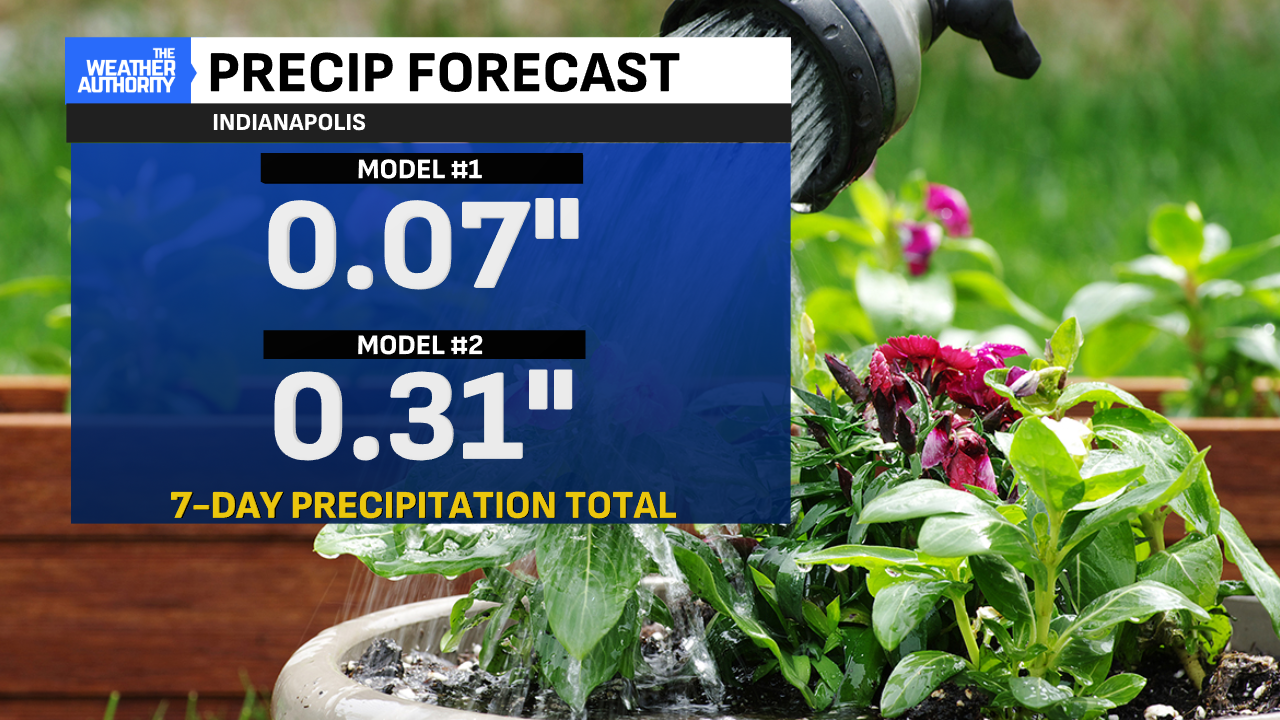EV Mandate Opposition Grows Among Car Dealers

Table of Contents
The automotive industry is undergoing a seismic shift towards electric vehicles (EVs), driven by ambitious government targets and growing environmental concerns. However, a significant wave of opposition is brewing, and it's coming from a crucial part of the automotive ecosystem: car dealers. A recent survey indicates that over 60% of dealerships express serious concerns about the feasibility and impact of increasingly stringent EV mandates. This article delves into the key challenges and concerns fueling this opposition, examining the financial hurdles, consumer readiness issues, servicing complexities, and the disproportionate impact on rural dealerships.
<h2>Financial Hurdles Faced by Dealerships</h2>
The transition to an EV-centric market demands significant financial investments from dealerships, posing a considerable challenge to profitability. These investments are not merely incremental; they represent a substantial overhaul of existing infrastructure and operational models.
- Upgrading Facilities for EV Charging: Installing EV charging stations requires substantial capital expenditure, varying depending on the number of stations, charging speeds, and necessary grid upgrades. Many dealerships, particularly smaller ones, lack the resources for such large-scale investments.
- Training Staff on EV Technology: Selling and servicing EVs requires specialized knowledge. Dealerships must invest in comprehensive training programs for their sales and service teams, adding to their operational costs.
- Inventory Management Challenges: EVs often require different storage and handling procedures compared to gasoline vehicles, necessitating adjustments to existing inventory management systems. This includes specialized charging infrastructure within the dealership itself.
- Decreased Sales of Gasoline Vehicles: As EV mandates accelerate, the demand for gasoline vehicles is expected to decline, impacting dealership revenue streams and potentially leading to losses. The transition period presents a significant risk to overall dealership profitability and return on investment (ROI).
<h2>Consumer Demand and Market Readiness</h2>
While the push for EV adoption is strong, several factors question the current market's readiness for a complete transition. The gap between government targets and consumer behavior is a major source of concern for dealers.
- Inadequate Charging Infrastructure: The lack of a widespread and reliable public charging network, especially in rural areas, remains a significant barrier to EV adoption. "Range anxiety" – the fear of running out of charge – persists as a key deterrent for many potential buyers.
- High Price Point of EVs: The initial cost of many EVs is considerably higher than comparable gasoline vehicles, making them inaccessible to a large segment of the population. Government incentives can help, but often aren't enough to bridge the gap.
- Limited Availability of EV Models: The variety of EV models currently available is still limited compared to the diverse range of gasoline-powered vehicles, restricting consumer choice. Dealerships also face challenges securing sufficient inventory of popular EV models.
- Need for Enhanced Consumer Education: Many consumers lack a comprehensive understanding of EV technology, charging procedures, and long-term ownership costs. Increased consumer education is needed to build confidence and drive demand.
<h2>Challenges in EV Servicing and Repair</h2>
Servicing and repairing EVs present unique challenges compared to gasoline vehicles, requiring dealerships to adapt their service departments significantly.
- Specialized Tools and Equipment: EV repair requires specialized tools and diagnostic equipment, representing a considerable investment for dealerships. These tools often have a higher cost than those used for conventional vehicle repair.
- High Repair Costs: Repairing damaged EV components, especially high-voltage batteries, can be significantly more expensive than repairing equivalent parts in gasoline vehicles. This can impact warranty claims and customer satisfaction.
- Lack of Trained Technicians: There is a shortage of technicians with the specialized skills required to diagnose and repair EV components. This creates a bottleneck in service capacity and can lead to longer repair times.
- Warranty Issues and Complexities: Warranty claims for EVs can be complex, particularly in cases involving battery-related issues. Dealerships often face difficulties navigating the warranty processes with manufacturers.
<h2>The Impact of EV Mandates on Rural Dealerships</h2>
Rural dealerships face a particularly acute challenge in adapting to EV mandates due to the specific circumstances of their communities.
- Limited Charging Infrastructure in Rural Areas: The lack of charging stations in rural areas significantly dampens consumer demand for EVs. This makes investing in EV inventory a high-risk venture.
- Lower Consumer Demand for EVs in Rural Areas: The demand for EVs is generally lower in rural areas compared to urban centers, further impacting the viability of EV sales for rural dealerships.
- Economic Hardship and Potential Dealership Closures: The challenges of adapting to EV mandates may force many smaller, rural dealerships into economic hardship, leading to potential closures and job losses.
- Disproportionate Impact on Small Businesses: Rural dealerships are often small, family-owned businesses with limited financial resources to absorb the costs of transitioning to EVs. The regulations disproportionately affect their survival.
<h2>Conclusion</h2>
The opposition to EV mandates among car dealers is not a rejection of environmental sustainability, but rather a reflection of significant challenges related to financial viability, consumer readiness, and the unique complexities of EV servicing and infrastructure. A balanced approach is crucial, one that considers both environmental goals and the economic realities faced by the automotive industry. This requires collaboration between government, manufacturers, and dealerships to foster a supportive environment for EV adoption while mitigating the risks for businesses, particularly those in rural communities. Government support for charging infrastructure development, consumer education initiatives, and financial assistance for dealership upgrades are all essential steps. The future of the automotive industry hinges on a thoughtful and collaborative approach to the EV mandate; let's find solutions that work for everyone involved. The ongoing discussion around EV mandates needs your voice. Let's work together to ensure a sustainable future for both the environment and the automotive industry.

Featured Posts
-
 Vyskum Vaecsina Manazerov Preferuje Osobne Kontaktne Miesta Pred Home Officom
May 21, 2025
Vyskum Vaecsina Manazerov Preferuje Osobne Kontaktne Miesta Pred Home Officom
May 21, 2025 -
 Peppa Pigs New Sister The Sweet Story Behind Her Name
May 21, 2025
Peppa Pigs New Sister The Sweet Story Behind Her Name
May 21, 2025 -
 Rain Predictions The Most Accurate Timing For Showers
May 21, 2025
Rain Predictions The Most Accurate Timing For Showers
May 21, 2025 -
 Controversial Remarks During Federal Leaders Saskatchewan Visit Public Response And Analysis
May 21, 2025
Controversial Remarks During Federal Leaders Saskatchewan Visit Public Response And Analysis
May 21, 2025 -
 Colombian Models Death Fuels Outrage Femicide In Spotlight Following Live Stream Murder
May 21, 2025
Colombian Models Death Fuels Outrage Femicide In Spotlight Following Live Stream Murder
May 21, 2025
